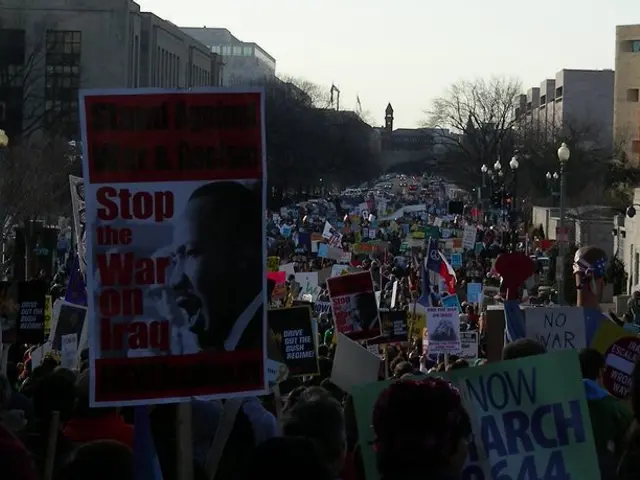Potential Privacy Risk: Overhearing Conversations or Data Transmission
Hopping on a business call while you're out and about can be super convenient, but it raises some important privacy and labor law questions. Here's a breakdown of what you need to know:
Privacy Considerations
- Public vs. Private Spaces: Public areas, such as parks, cafes, and restaurants, don't offer much privacy. People can freely enter and eavesdrop on your calls, even with headphones.
- Exposing Sensitive Information: Public conversations can inadvertently reveal personal, financial, or proprietary details, which could lead to a privacy breach. You might be breaking privacy laws or contractual confidentiality agreements if your chat involves sensitive info.
- Audio Recording Risks: Recording without consent from all parties is a big no-no in many jurisdictions. In public, it's less of a concern if you're merely being overheard, but be careful if your device records audio during the call.
- Electronic Surveillance: Pointing cameras or recording devices towards private spaces (e.g., through windows or into fenced areas) is usually a no-go, but open public areas are less restricted.
Labor Law Concerns
- Employee Privacy: Public calls might expose sensitive employee information, potentially leading to grievances.
- Confidentiality and Trade Secrets: Disclosing business secrets can be a serious legal and disciplinary issue.
- Company Policies: Many businesses have policies requiring employees to handle confidential communications securely, especially if their industry falls under regulatory requirements (e.g., healthcare, finance, or legal). Breaking these rules can lead to disciplinary action.
Practical Tips
- Be Aware of Your Content: Steer clear of discussing sensitive info in public settings. Use secure, encrypted channels for confidential conversations.
- Keep Participants Informed: If your call is happening in public, inform everyone taking part so they can provide consent when needed.
- Follow the Rules: Comply with local privacy and data protection regulations, as well as your company's policies regarding confidentiality and secure communication.
In a nutshell, while public spaces offer little privacy, exposing confidential data during public calls can land you in hot water. Conducting business responsibly and staying informed will keep you out of trouble. Cheers to secure, successful calls!
PS: Jakob T. Lange, a labor law specialist and managing committee member of the German Bar Association's Labor Law Working Group, backed this guide up with his wisdom.
[1] Electronic Frontier Foundation. (2021). Legal Guide for Bloggers and Online Speakers. [2] National Law Review. (2020). Employee Data Privacy: 11 Common Mistakes and How to Avoid Them. [3] Society for Human Resource Management. (2021). Mobile Device Policies. [4] International Association of Privacy Professionals. (2019). Global Privacy Regulation Tracker. [5] American Bar Association. (2018). Data Privacy: Public vs. Private.
Community policy should mandate secure practices for confidential business calls in public spaces to protect sensitive information, particularly in industries subject to regulatory requirements. Vocational training could benefit from integrating lessons on technology-related privacy concerns in their politics and general-news curricula.








